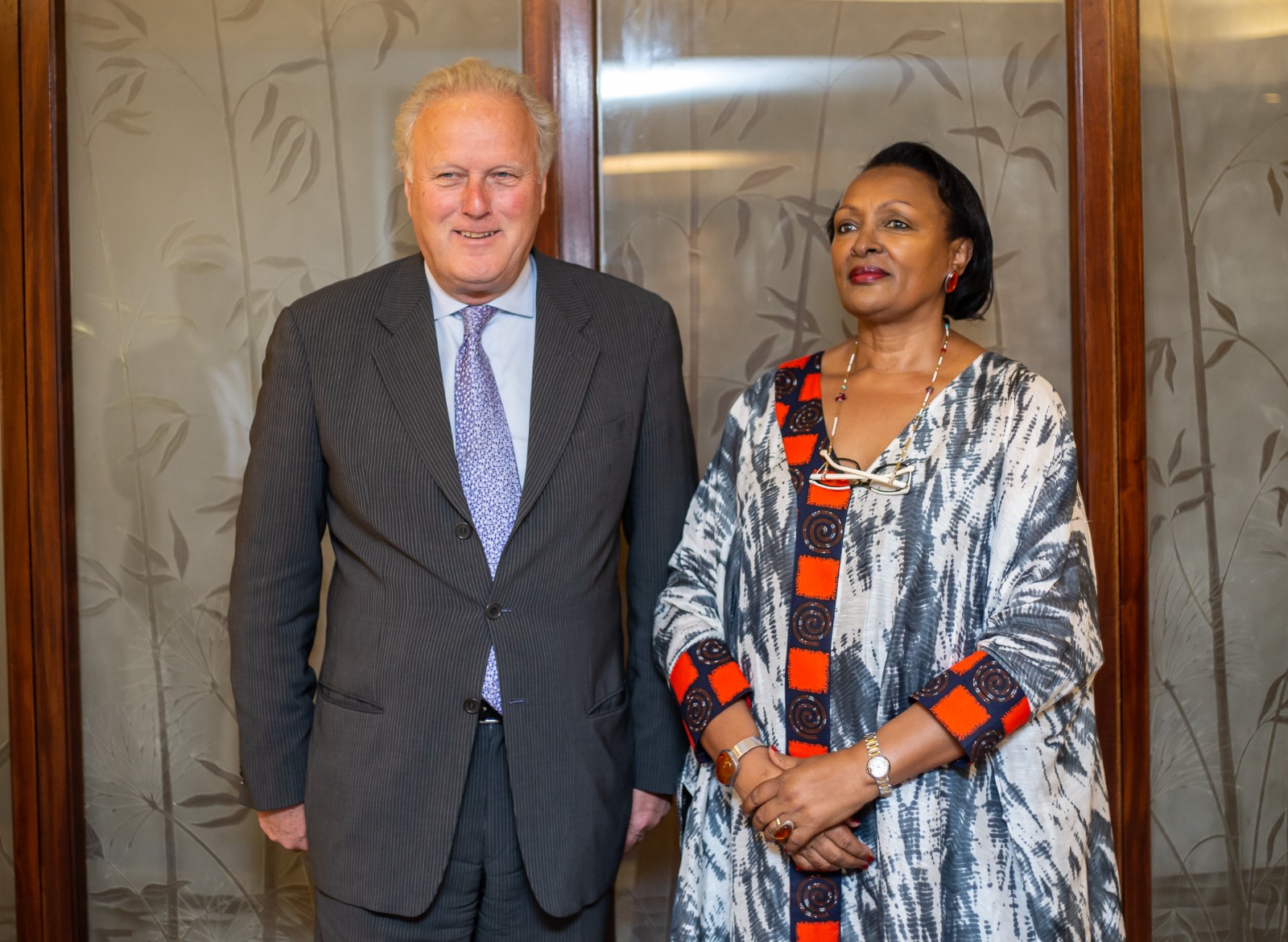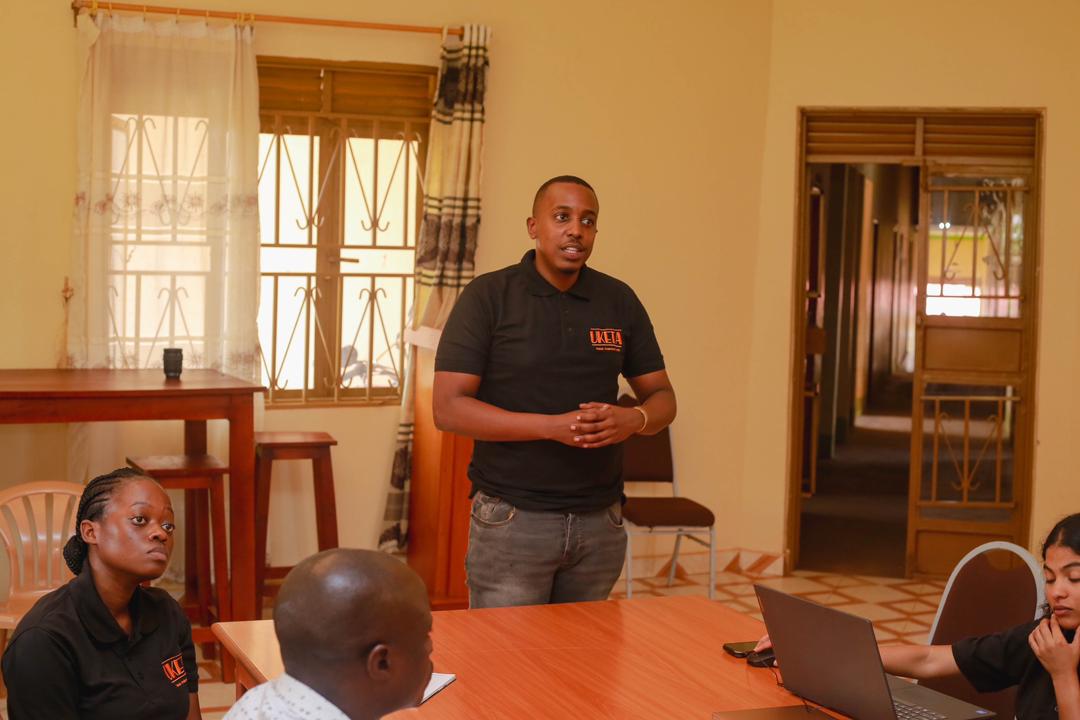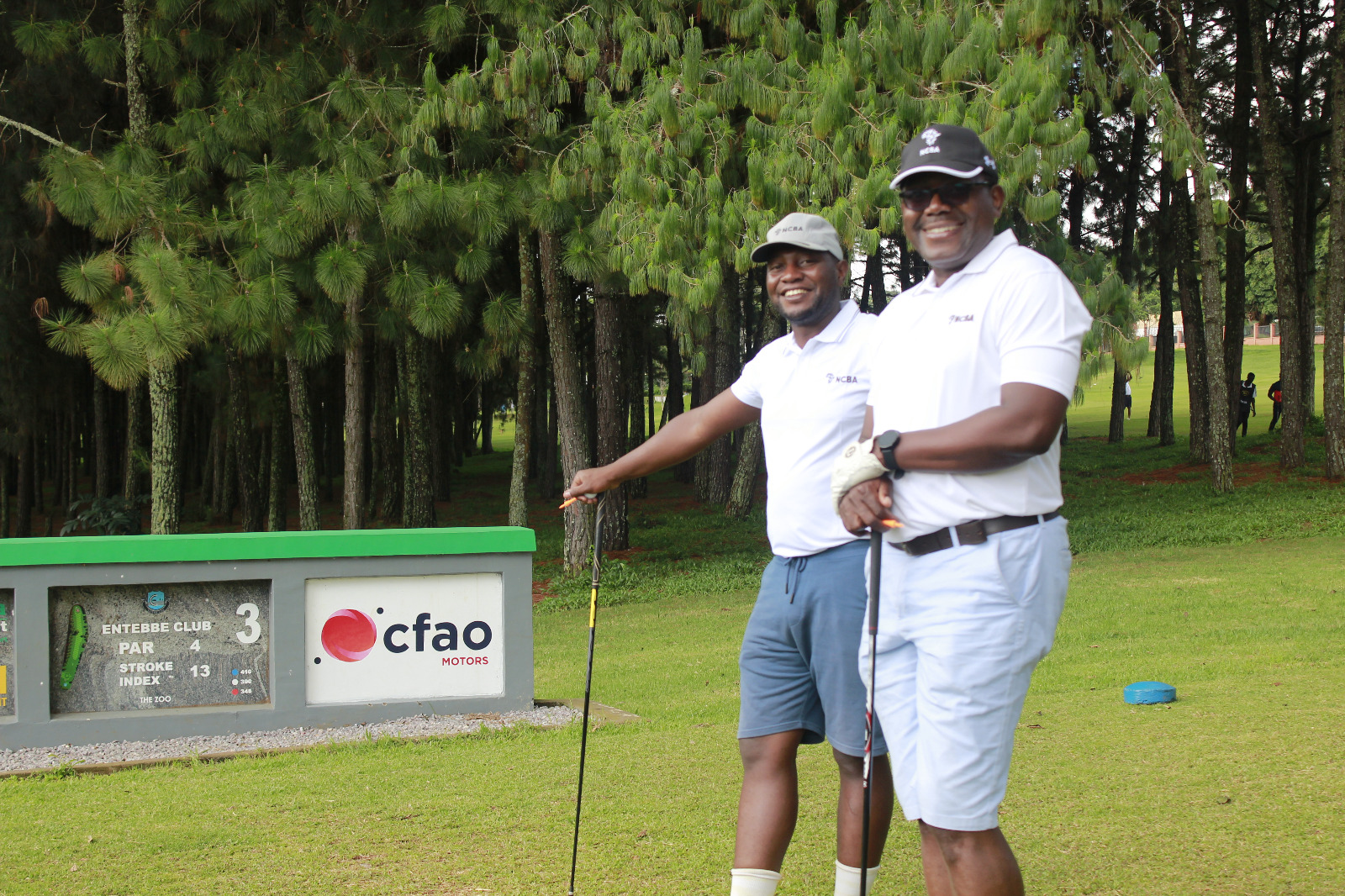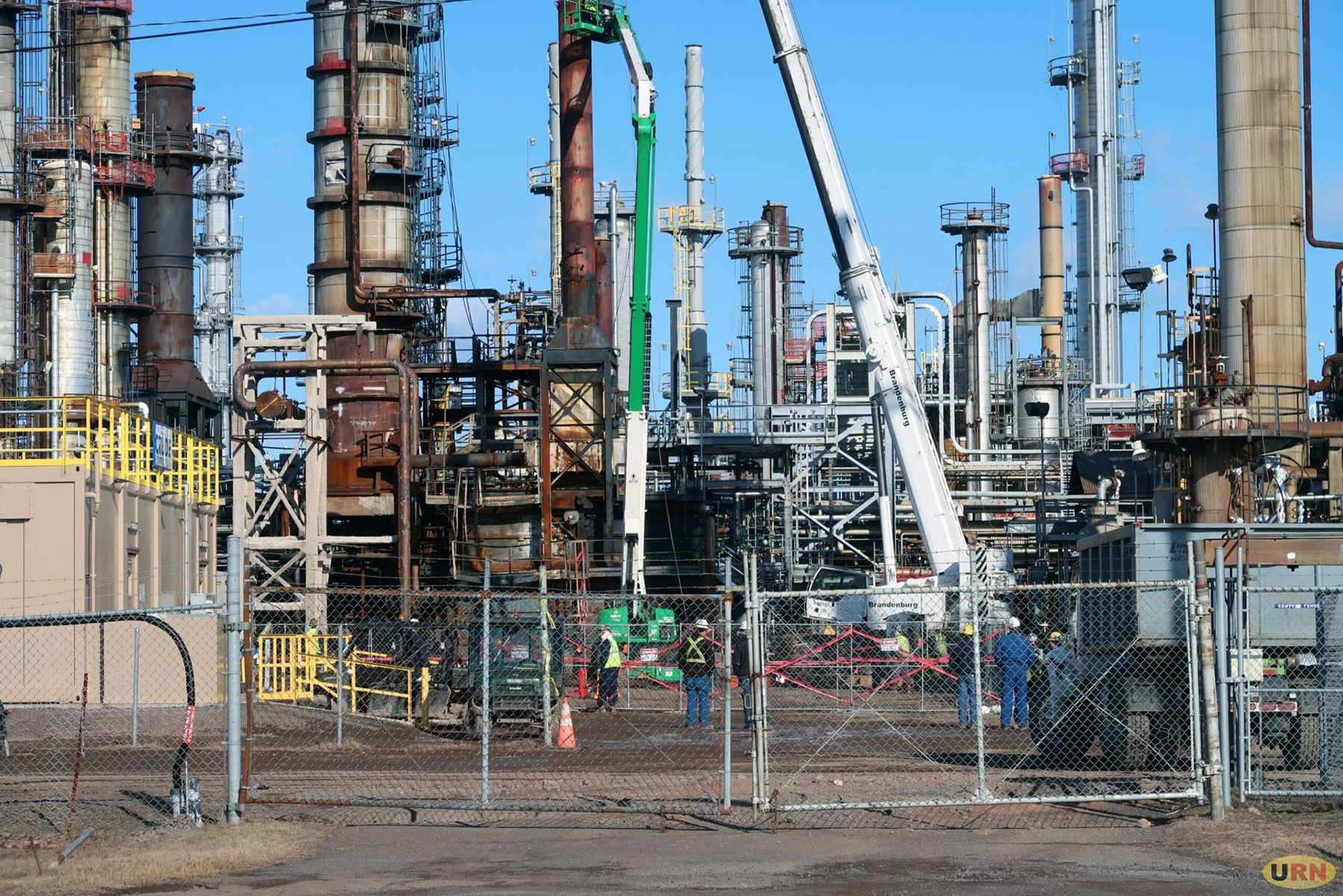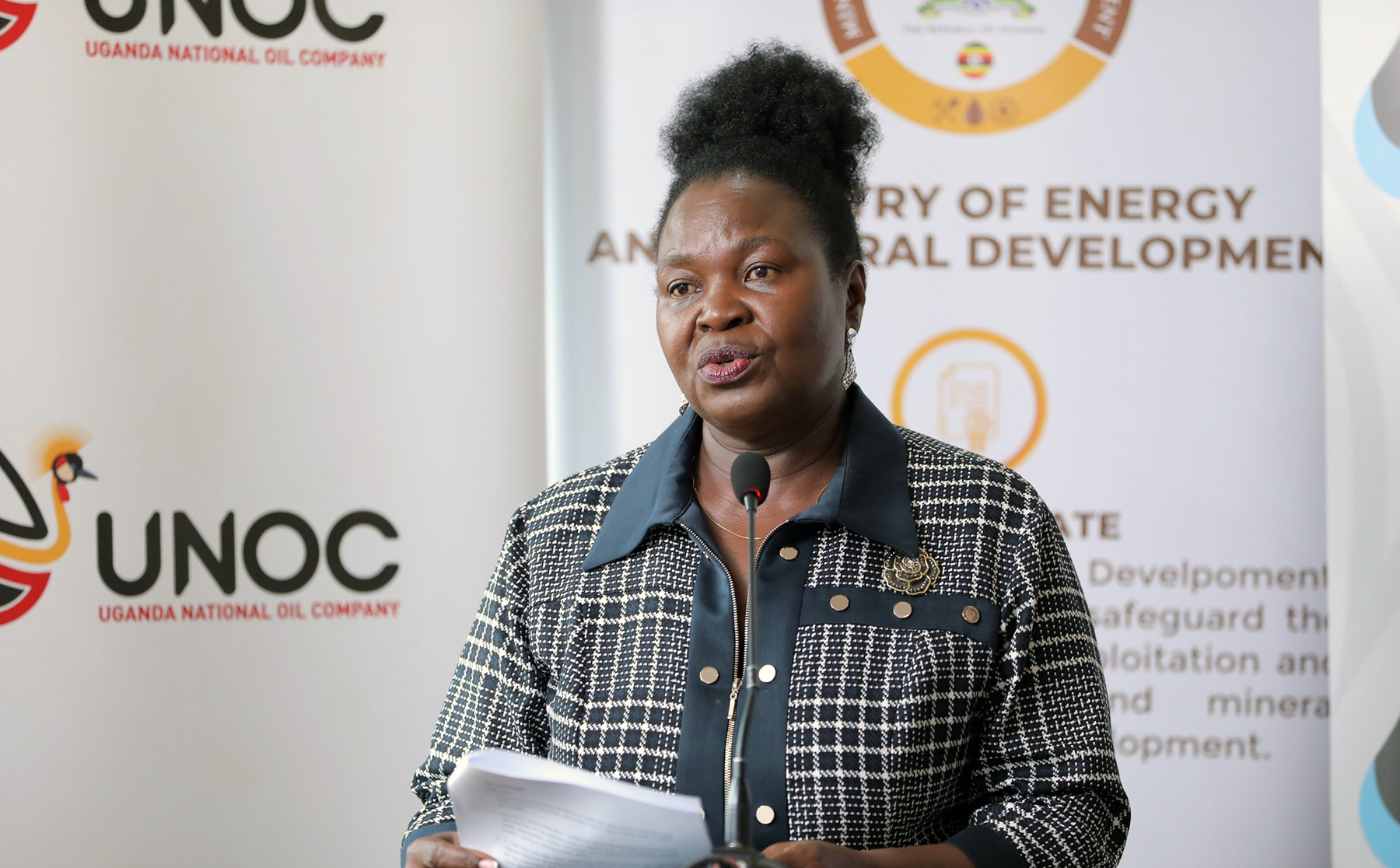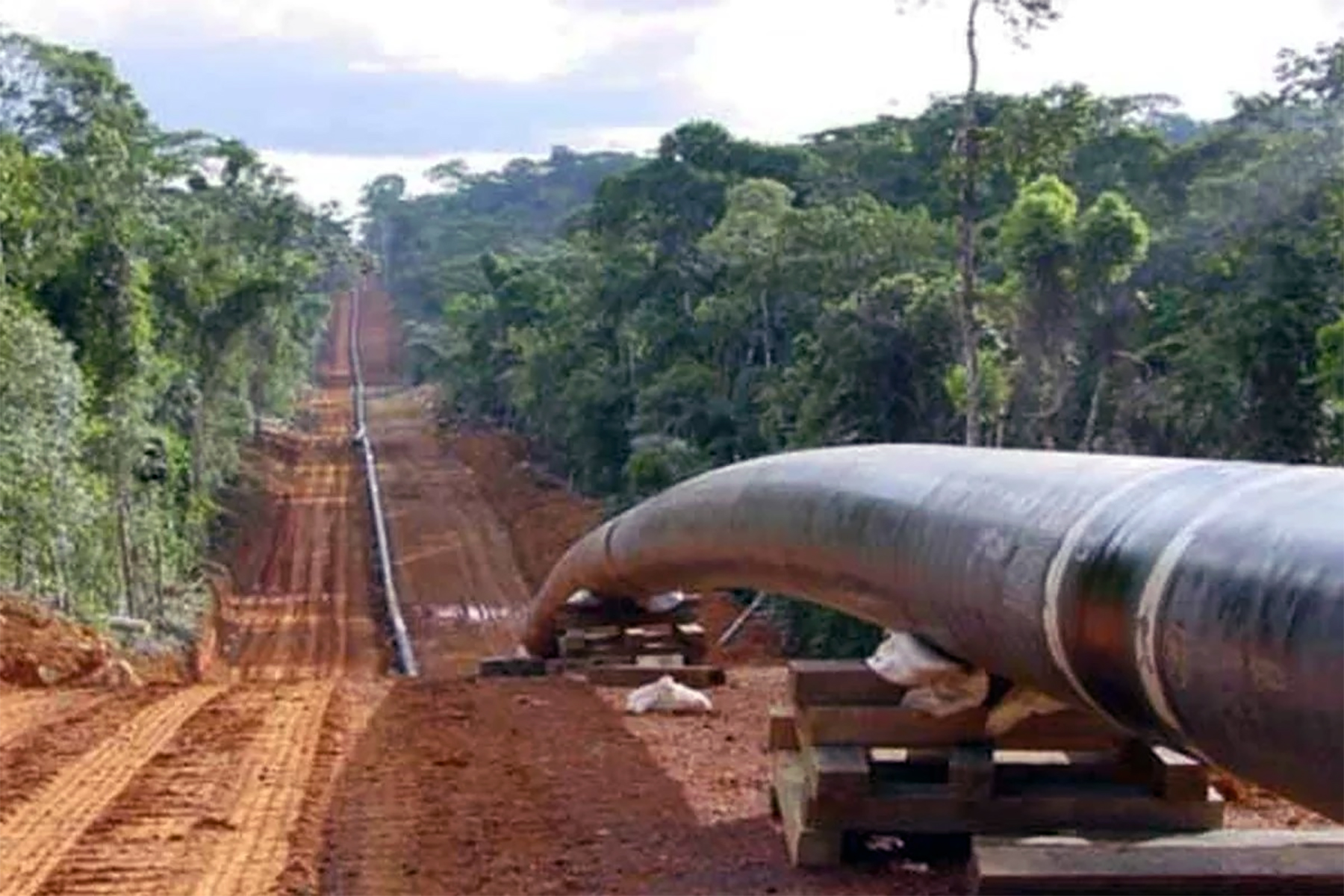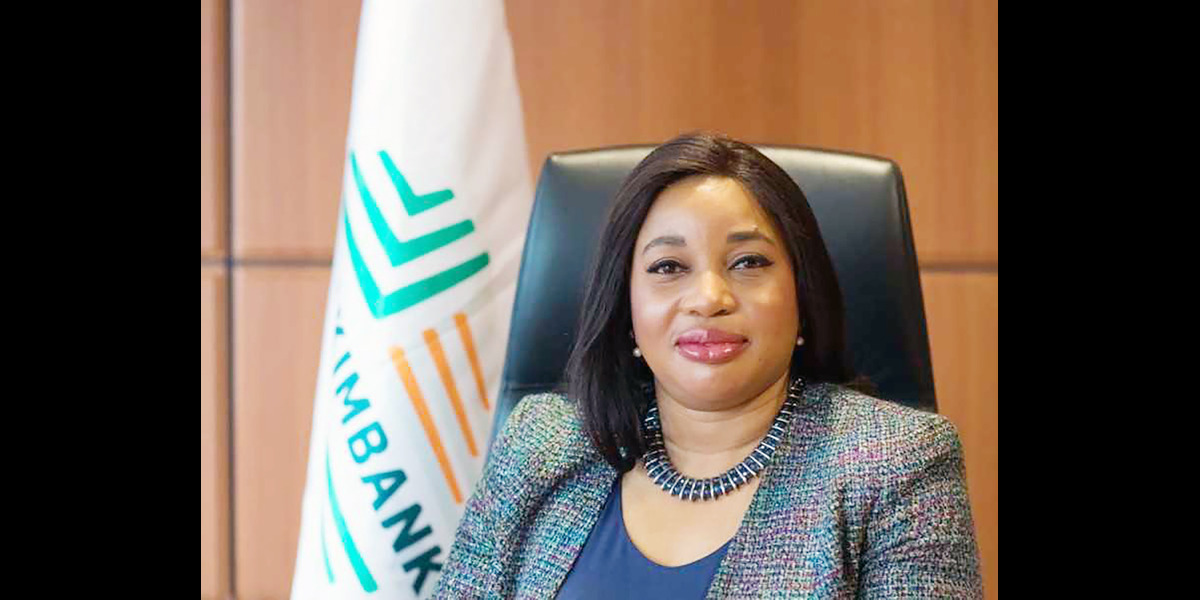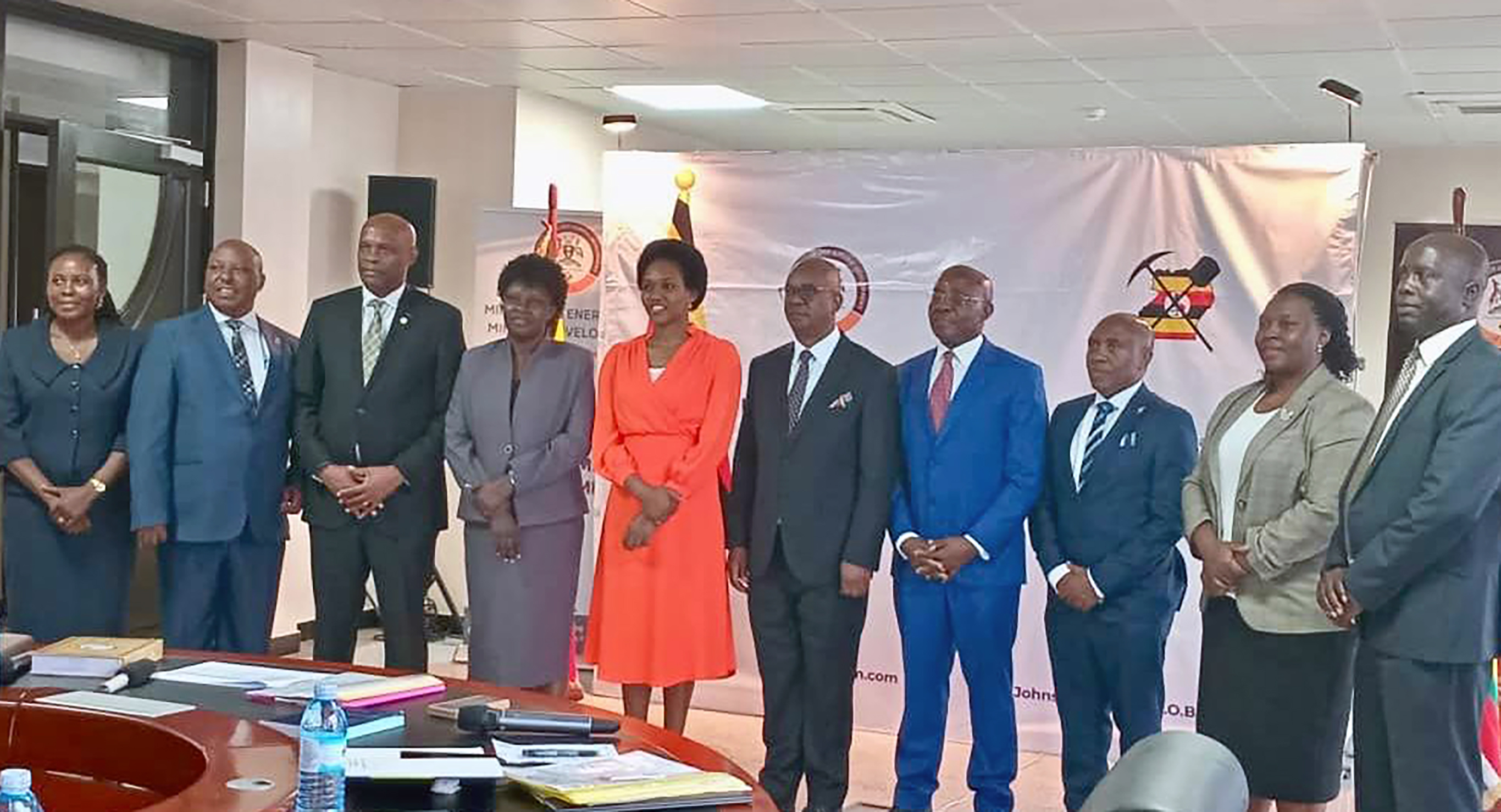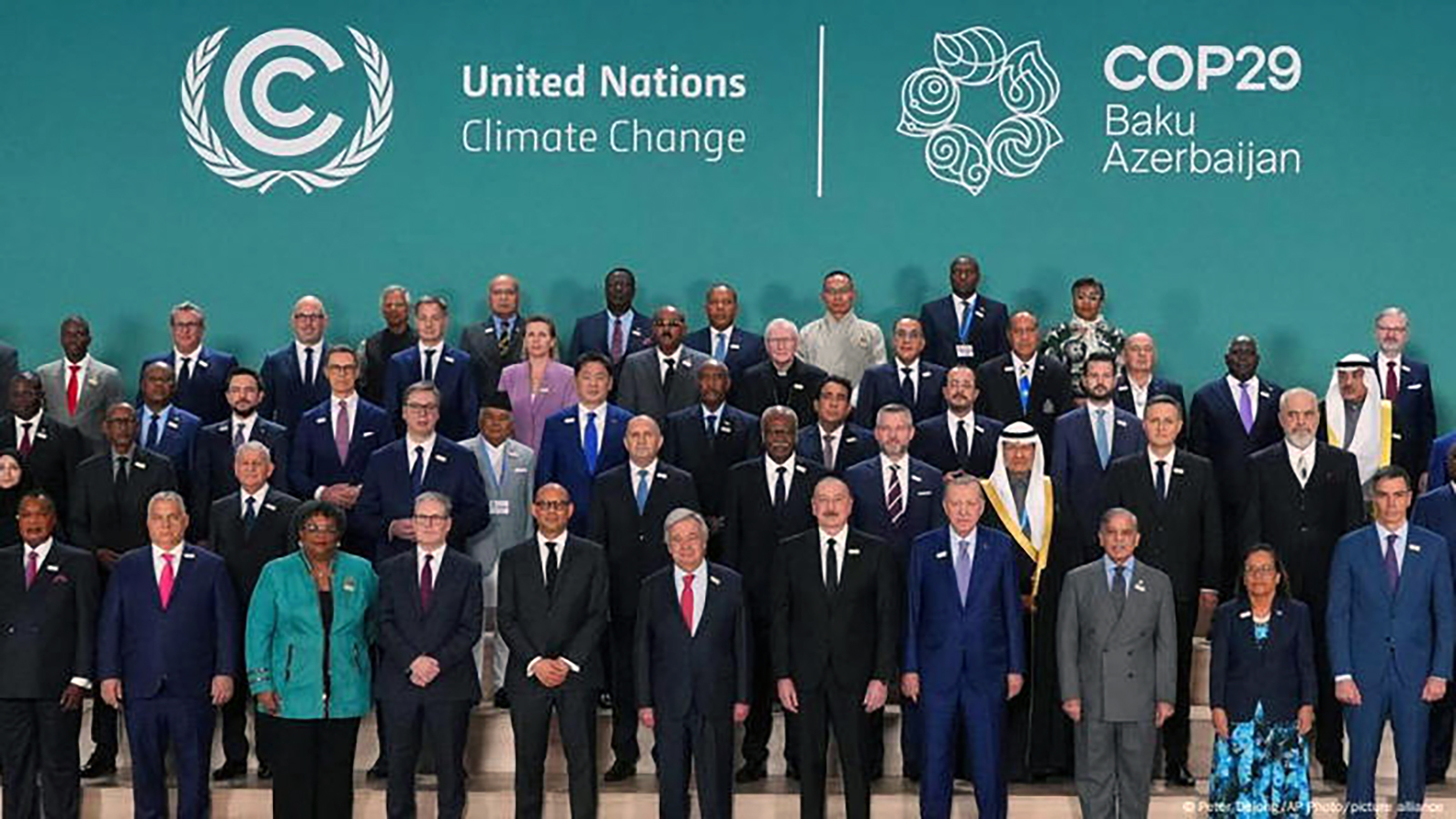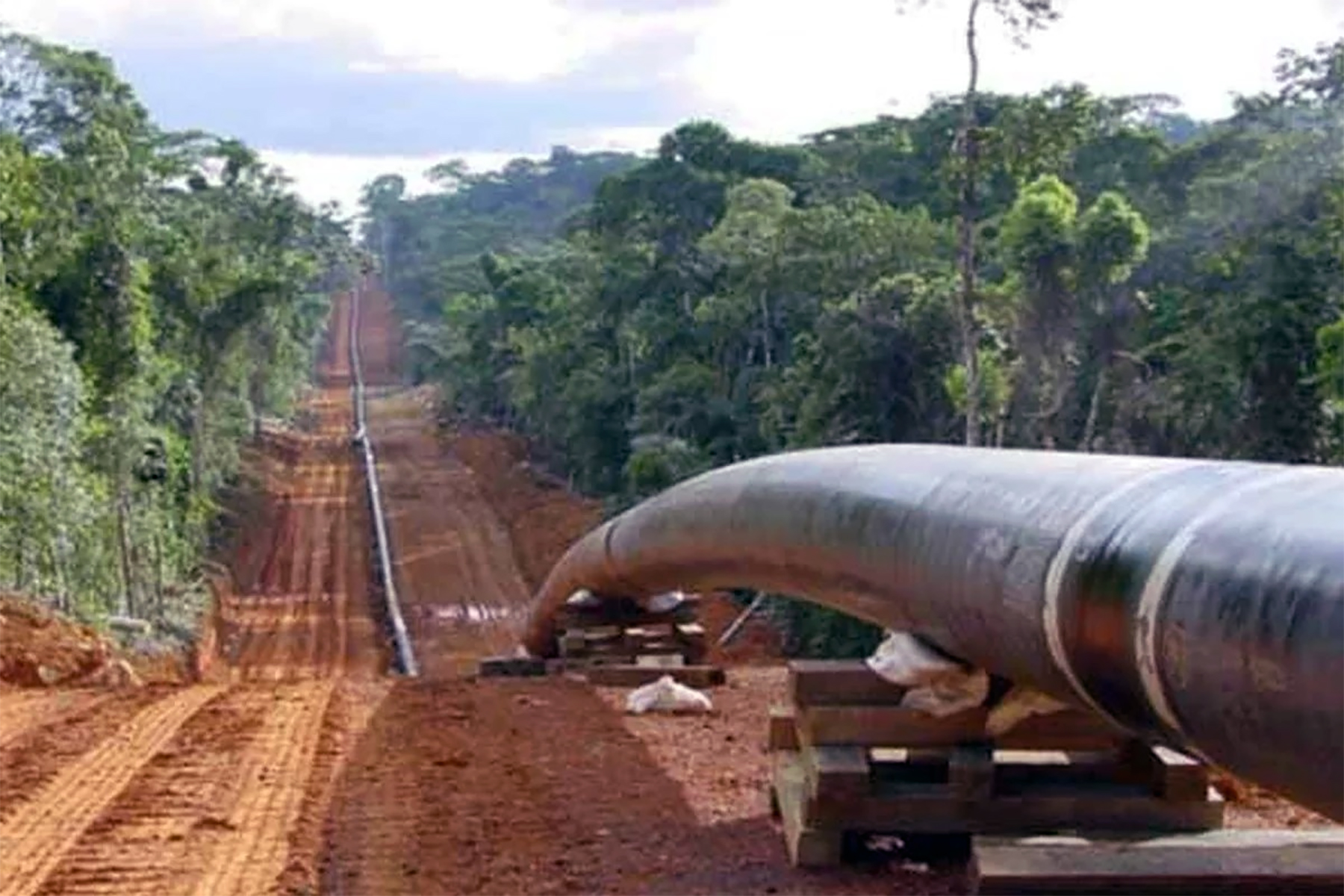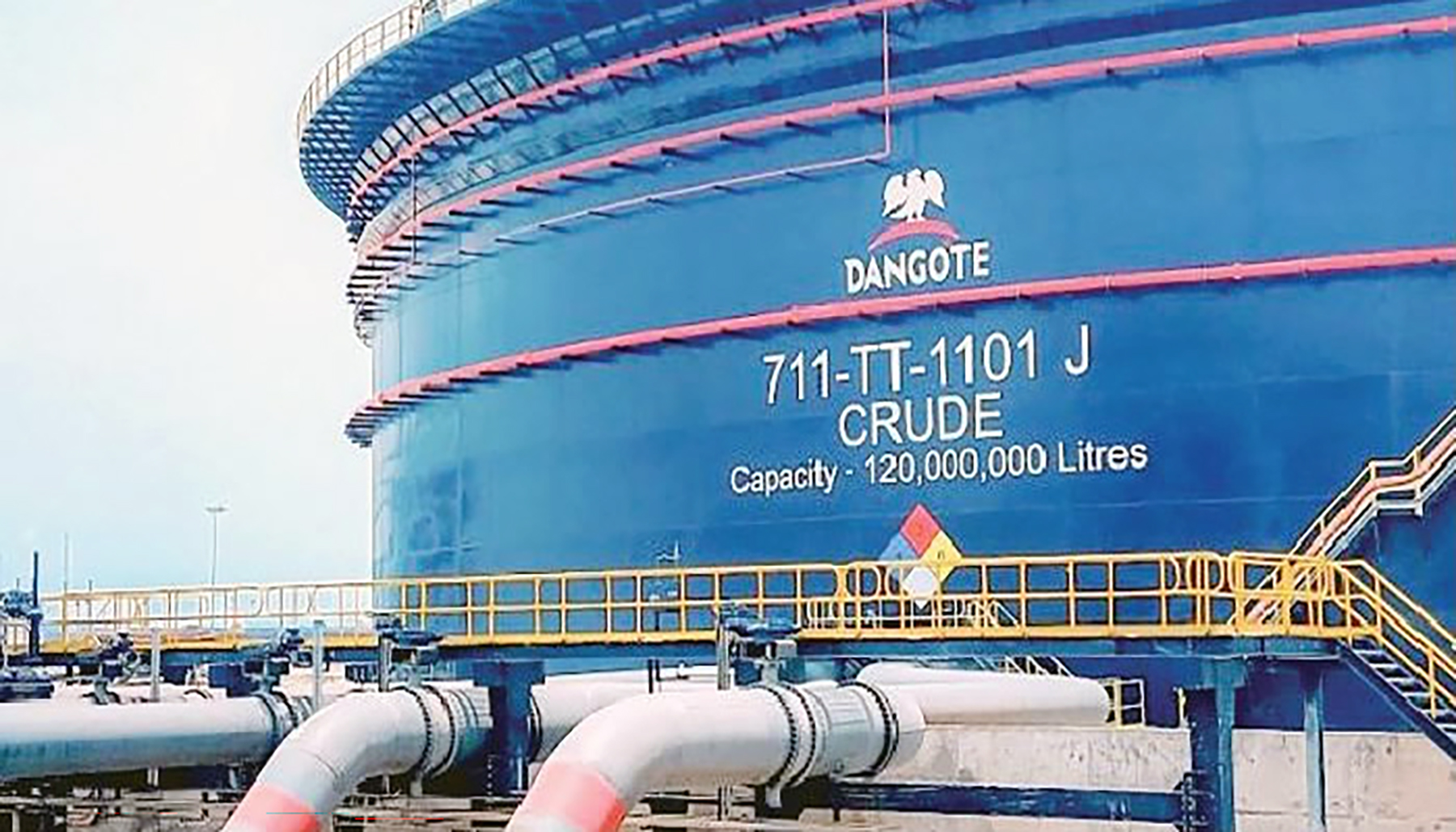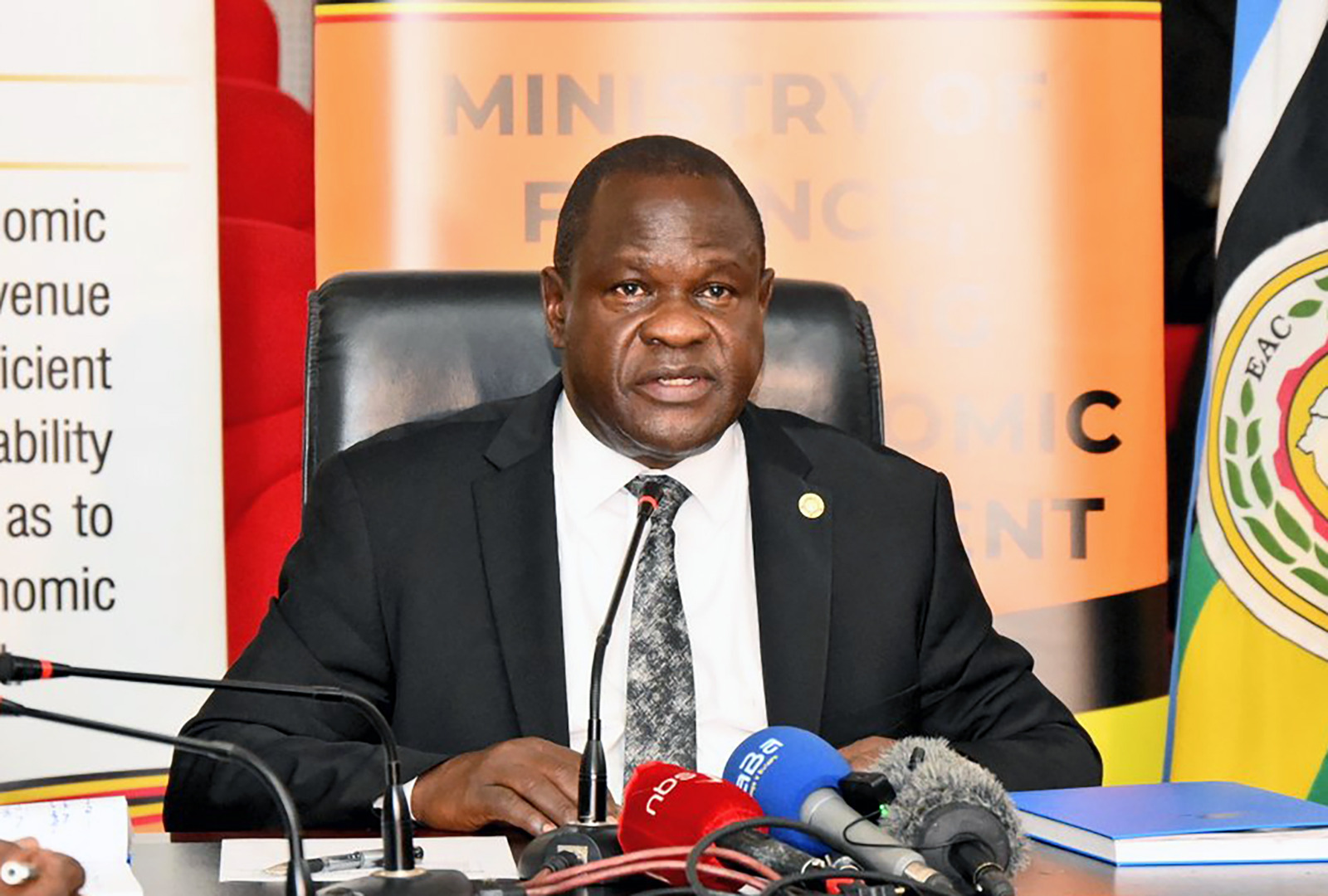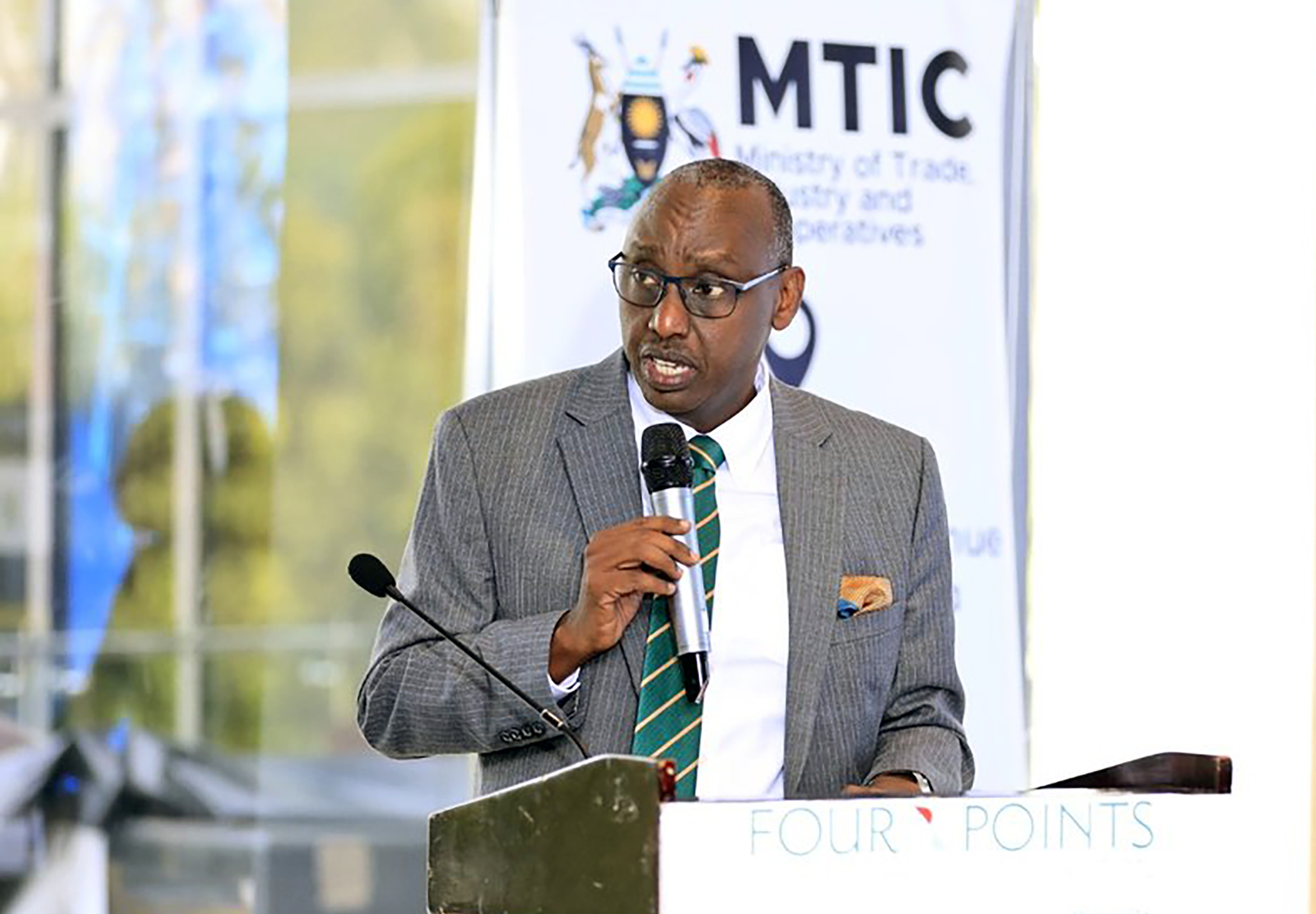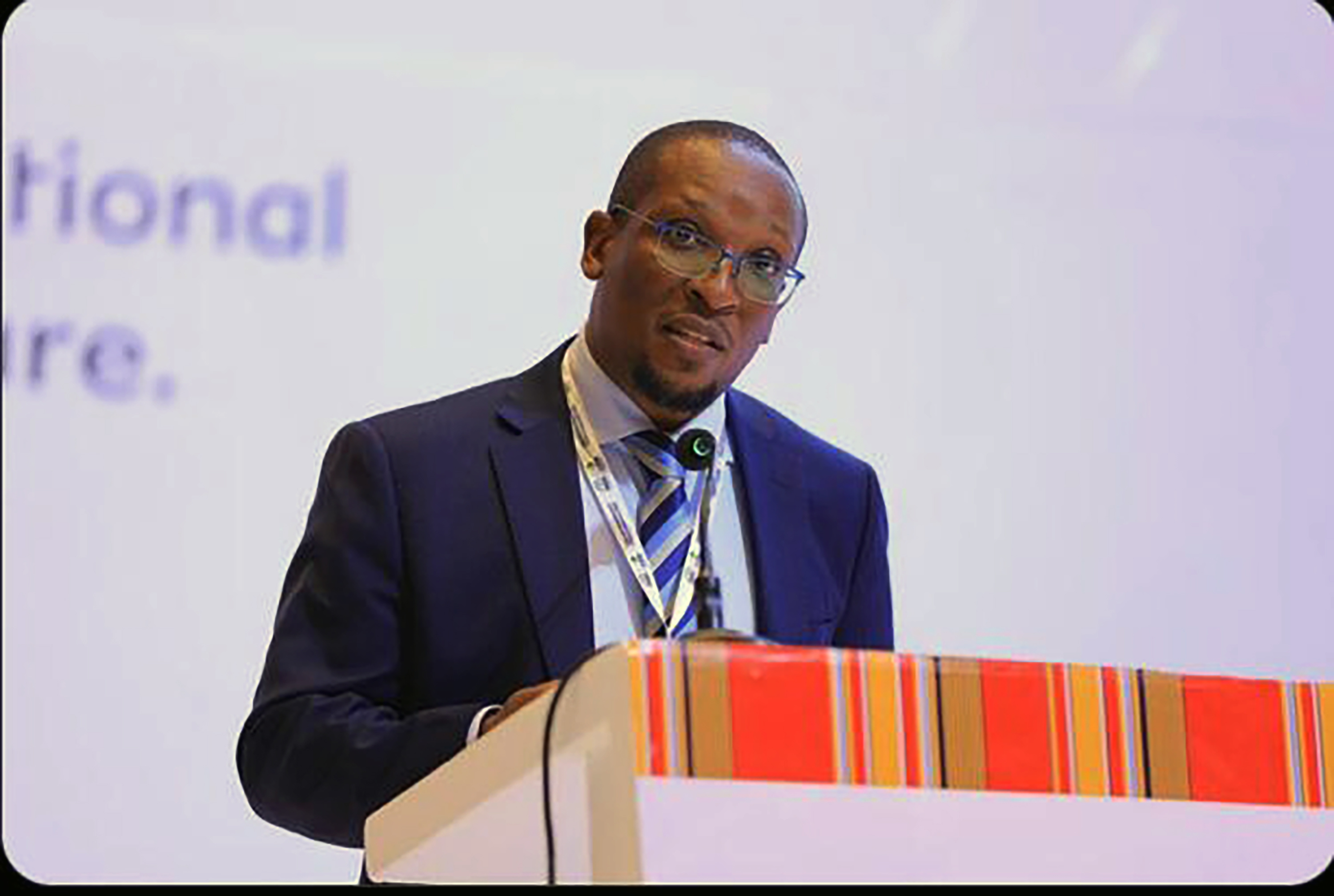Will Wagagai open gold wealth kitty to all citizens?
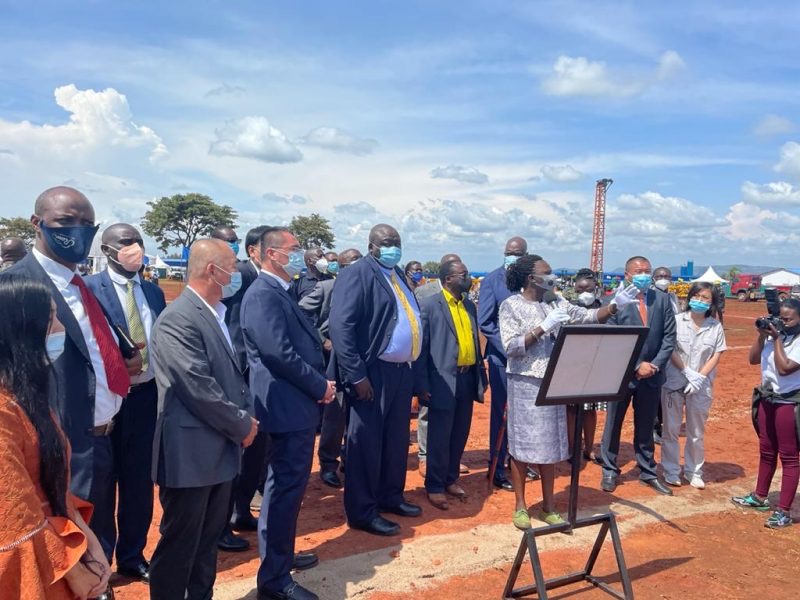
Government officials led by Minister Nankabirwa join Wagagai Gold Mining factory proprietors at the ground-breaking ceremony for the construction of the facility in July 2022. FILE PHOTO
Uganda is supposedly on the brink of significant economic transformation with the imminent commencement of production at Wagagai gold mining and refining facility in Alupe, Busia District.
According to the Uganda Investment Authority (UIA), the Chinese investor has so far spent about $200m to set up the comprehensive gold mining value-addition facility, which is set to start production soon. The plant, whose construction was launched in July 2022, boasts of capacity to process five tons of gold ore daily and refine gold to an exceptional purity of 99.9%.
Beyond its economic significance, Wagagai Gold Plant promises substantial benefits for local communities. According to Energy and Mineral Development Minister Ruth Nankabirwa, the facility is expected to generate 3,000 jobs, providing employment opportunities and boosting livelihoods in the region. It is also projected to create an annual foreign exchange earnings of $100m and contribute $10m (UGX380 billion) in tax revenue.
- "This is a big opportunity for us to turn around the fortunes of our country. As a ministry, we are looking at value addition to optimize this value," said Nankabirwa.
It should be noted that Uganda's mineral-rich landscape offers immense potential for economic growth, with ongoing exploration projects uncovering promising reserves across various districts. Over the past decades, the government has prioritized industrialization as a pathway to economic growth and job creation. Central to this vision is the development of the mineral sector, with gold emerging as a key focus due to its significant value and abundance in the country.
With approximately 31 million tons of gold deposits already confirmed, Uganda holds immense potential for revenue generation through mineral extraction. The projected value of refined gold, estimated at $12.8 trillion, underscores the economic significance of this resource.
- Ms Irene Batebe, the permanent secretary of the Ministry of Energy and Mineral Development, says the extraction and refining of gold presents opportunities for job creation and social development, following President Yoweri Museveni's directive that gold and other extractives must not be exported without undergoing local processing.


However, Onesimus Mugyenyi, the deputy executive director of ACODE, is not entirely optimistic saying that the extraction and export of Uganda's minerals is often shrouded in contradictions and challenges, complicating efforts to maximize revenue and ensure equitable distribution.
"It is not yet clear how much the investors are mining out of the country's vast deposits, and therefore, how much is being lost," he notes. Mugyenyi highlights the need to combat illicit financial flows (IFFs) that are plaguing the minerals sector. He also points out that contradictory data from national trade monitoring agencies and tax authorities raises concerns about the accuracy and transparency of revenue collection.
"Additionally, the prevalence of tax exemptions and the clandestine nature of IFFs further exacerbate revenue losses and hinder the country's development efforts," he says. According to Mugyenyi, data from the national trade monitoring and tax agencies is also contradictory, often giving divergent figures on how much is exported and how much taxes are being collected.
"For instance, data from URA tells a different story of how much they have collected from the extractives, when compared to other agencies like the Uganda Bureau of Statistics. Also, URA can tell how much was collected, but can't identify the source of what was taxed. That said, the districts also don't know how much is being taken out, and that is why they think that they are not getting what they deserve," he says.
- Currently, Uganda has about ten mine inspectors, with six of these stationed at the department of geological survey and mines in Entebbe. This means that the country has got only ten inspectors to monitor all the mines countrywide, which is practically impossible. Evidence presented by the African Tax Justice Network (ATJN) also suggests that the cost of tax exemptions is extremely high to the country and sector, and that the benefits, in terms of additional investments, are low.
- In February last year, Parliament passed the Mining and Minerals Bill (2021), which spells out how the sharing of mineral royalties is to be done. The Bill allows the sub counties and town councils to share part of the royalties, in an arrangement where the government takes 65% of the share while district local councils take 20%. Under the same arrangement, sub counties and town councils will take 10% of the share, and land owners or lawful occupants of the land take the remaining 5%. The law, in principle, aims to create an accountable and transparent licensing regime and also provide for the participation of host communities in the entire decision-making chain of mining.
However, Denis Lee Oguzu, the chairperson of the Parliamentary Network on Illicit Financial Flows, echoes Mugenyi's sentiments, saying Uganda's mineral sector is bedeviled by illicit flows, which undermine the citizens' ability to benefit from their mineral wealth.
"The capacity of government agencies such as URA IG, BoU, OAG and FIA must be boosted to detect and limit the extent of illicit financial flows," he argues.
With Wagagai set to start production, all eyes will be on the government to ensure that gold wealth reaches ordinary citizens rather than remaining the reserve of foreigners and a few well-connected individuals.


